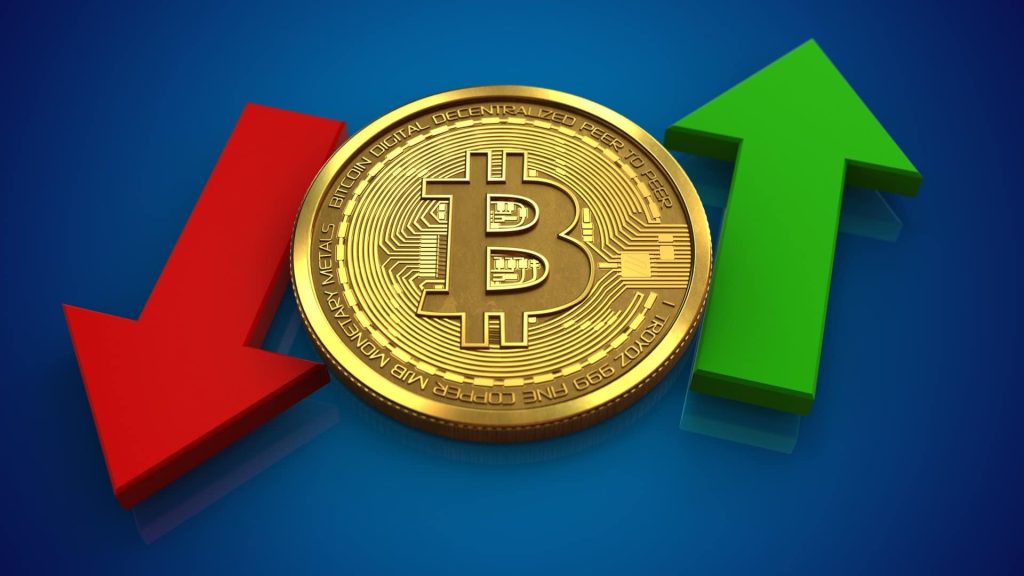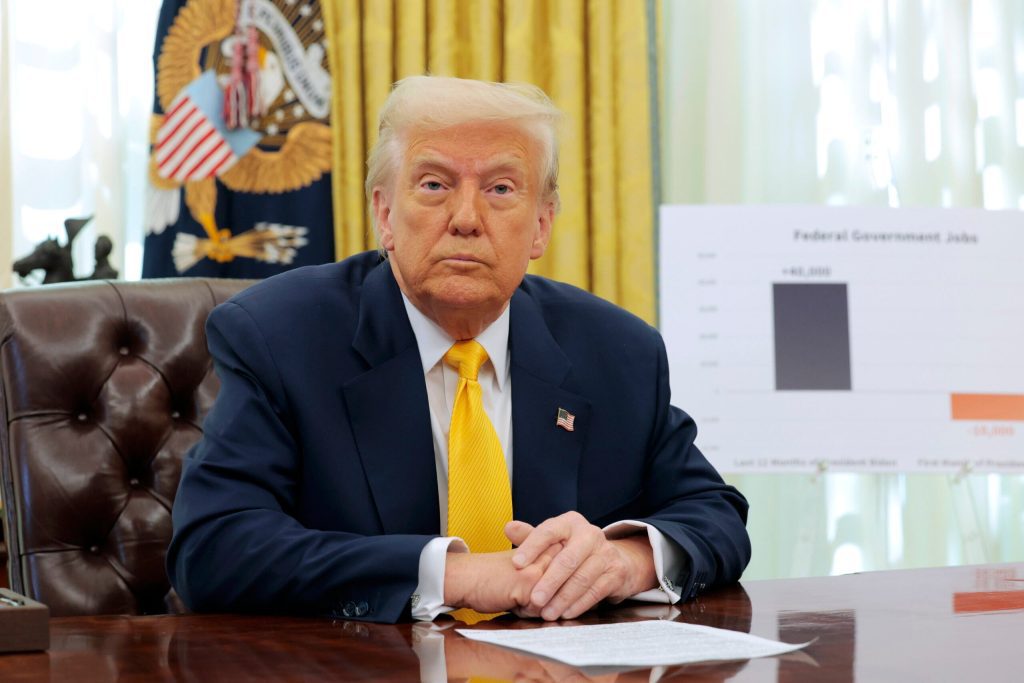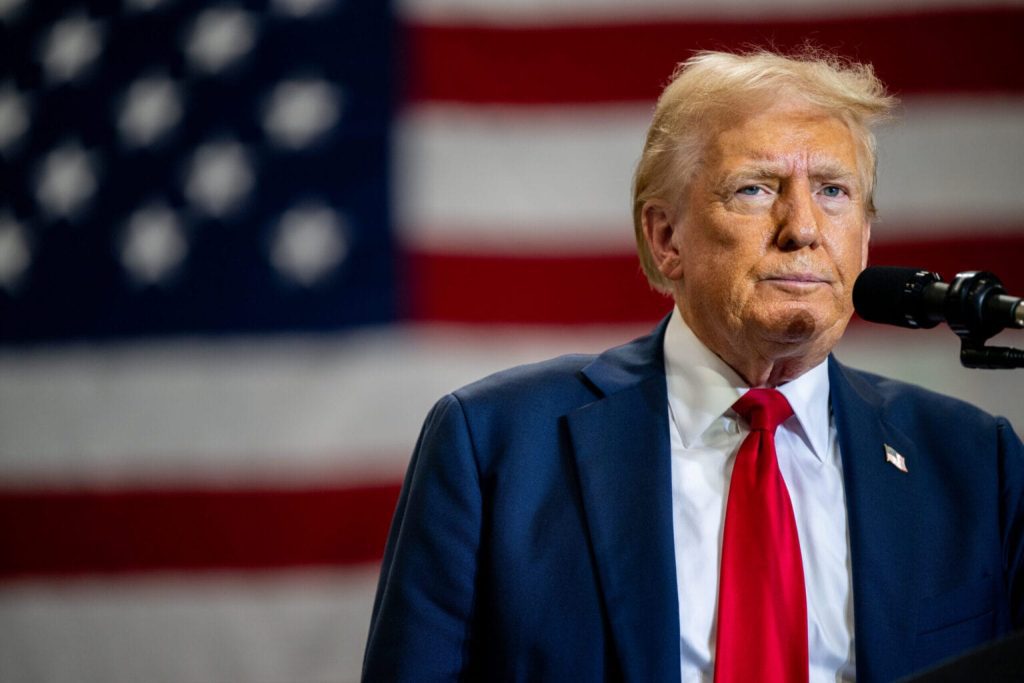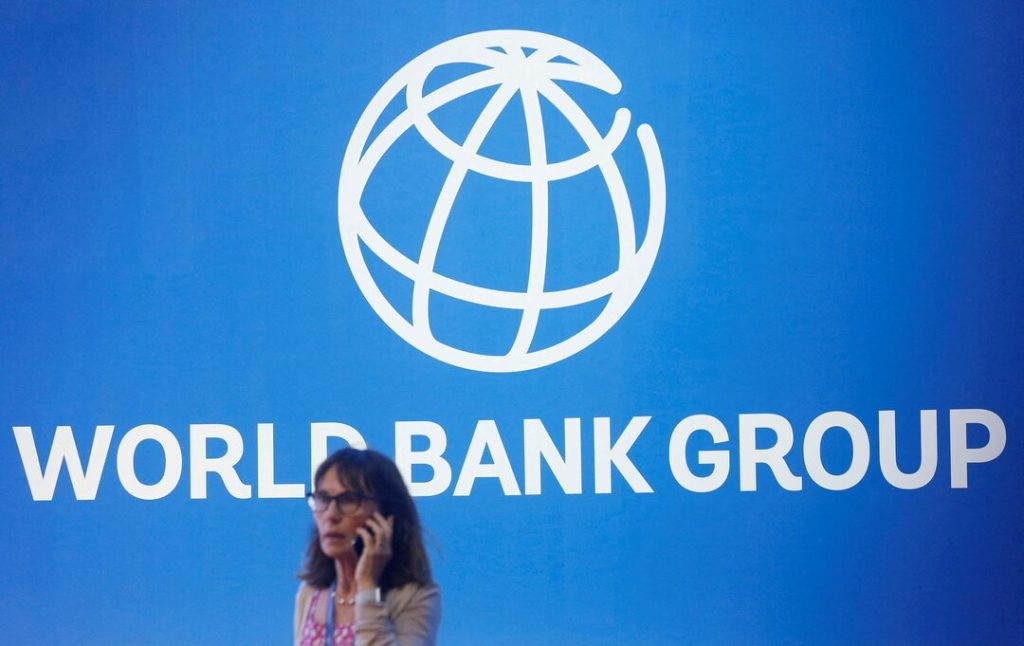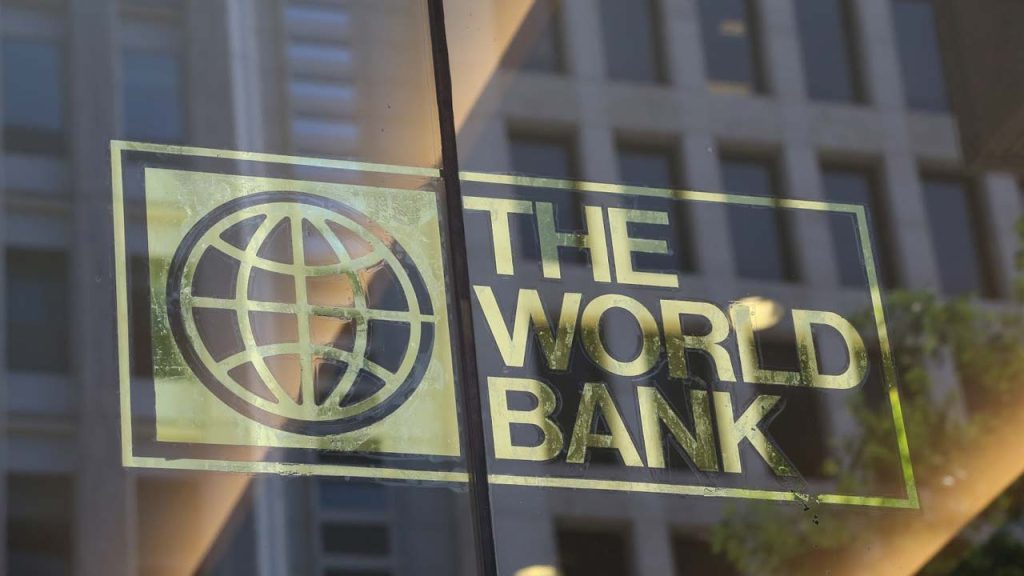Nigerians spent approximately $2.39 million (equivalent to N3.7 billion) on foreign healthcare services between January and September 2024, according to findings from the Central Bank of Nigeria (CBN). The data highlights expenditures on health-related and social services under the sectoral utilization of foreign exchange.
Breakdown of Foreign Healthcare Expenditures
A detailed analysis of the CBN report reveals fluctuations in spending across the months:
- January: $2.3 million
- February: $0.00 million
- March: $0.01 million
- April: $0.00 million
- May: $0.05 million
- June: $0.02 million
- July: $0.00 million
- August: $0.00 million
- September: $0.10 million
Comparatively, Nigerians spent more on foreign healthcare services in the first nine months of 2023 ($3.45 million) than in the same period in 2024.
Efforts to Promote Domestic Healthcare
The Lagos State Commissioner for Health, Prof. Akin Abayomi, reiterated the state’s commitment to transforming Lagos into a top destination for medical tourism in Nigeria and West Africa. Speaking at the Health Facilities Monitoring and Accreditation Agency’s World Patient Safety Day event in Lagos, Abayomi outlined the state’s ambitious targets.
“We have a mandate from Governor Babajide Sanwo-Olu to meet ambitious targets, including establishing universal healthcare coverage in this mega city and making Lagos the number one destination for medical tourism in Nigeria, West Africa, and Sub-Saharan Africa,” Abayomi stated.
The commissioner highlighted ongoing efforts to improve the health sector through innovation and technology, ensuring safe and effective healthcare delivery.
Federal Government’s Initiatives
On a national level, the Federal Government is taking significant steps to curb medical tourism and enhance tertiary healthcare. The Minister of State for Health and Social Welfare, Dr. Iziaq Salako, emphasized that healthcare remains a priority under President Bola Tinubu’s administration.
According to Salako, “The tertiary healthcare system in our country is being strengthened, and the need to travel outside the country for critical care services like kidney transplantation is being addressed.”
In 2023, President Tinubu launched the Nigeria Sovereign Investment Authority-Healthcare Expansion Programme. The initiative aims to retrain 120,000 frontline health workers and establish 10 world-class healthcare facilities specializing in oncology and diagnostics across the nation’s six geopolitical zones. These facilities are designed not only to provide essential healthcare services but also to reverse the trend of outbound medical tourism.
Addressing Medical Tourism
Medical tourism has long been a challenge for Nigeria, with many citizens traveling abroad for specialized treatments. The government’s ongoing investments in healthcare infrastructure, workforce development, and universal healthcare coverage seek to position Nigeria as a healthcare hub within Africa.
The Lagos State Government and the Federal Government are aligned in their efforts to ensure Nigerians have access to quality healthcare locally, reducing the reliance on foreign healthcare services.
Conclusion
While the N3.7 billion spent on foreign healthcare services highlights the ongoing challenge of medical tourism, the combined efforts of state and federal governments reflect a commitment to reversing this trend. Investments in healthcare infrastructure, technological innovation, and workforce training are critical steps toward improving healthcare access and ensuring that Nigerians no longer need to seek medical care abroad.




